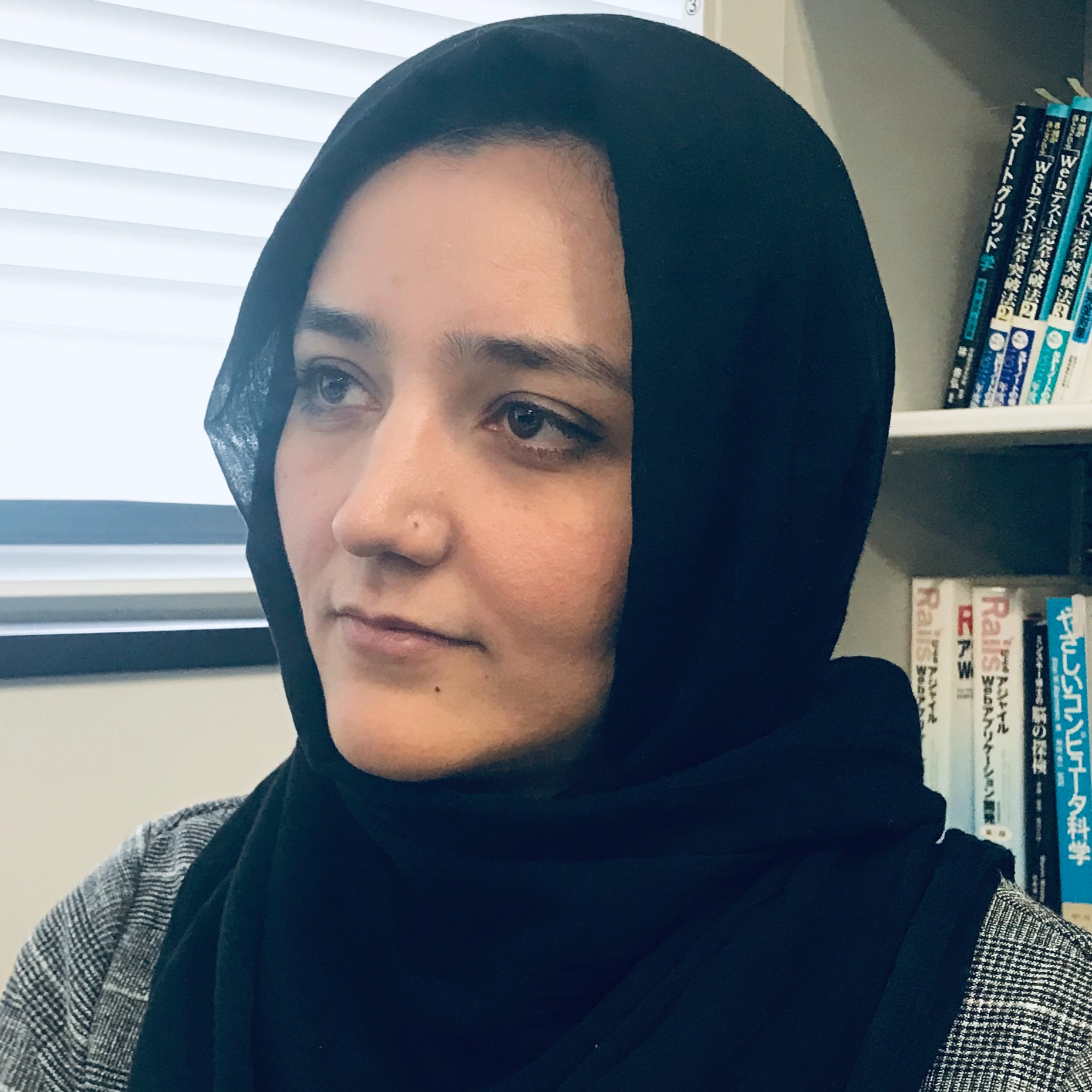PRICAI 2024 Panel Sessions
Panel Session
Title :
Leveraging AI to Combat Social Inequities
Overview :
The panel will explore how to harness AI to address pressing social issues, focusing on challenges like gender biases, ethnic prejudice, and inequalities in health and education. The session brings together three esteemed panelists with unique expertise in applying AI to improve societal well-being across different regions.
Date and time: November 22nd / 16:30-18:00 Location : Centennial Hall
Panelists :
Dr. Sofia Sahab (Kyoto University, Japan) — Panelist

Sofia Sahab is a Program-Specific Assistant Professor at Kyoto University, Japan. She holds a Master of Engineering and a Doctor of Engineering in Urban Planning from Nagoya Institute of Technology, Japan. Previously, she served as an Assistant Professor at Kabul University (2018) and as a Specially Appointed Assistant Professor at Nagoya Institute of Technology (2020). Dr. Sahab has published in journals such as Communications Psychology, Scientific Reports, and the Journal of Simulation and Gaming. Her current research focuses on leveraging AI and social experiments to tackle complex social challenges, particularly in developing countries. Dr. Sahab is also a recipient of the JSAI Excellence Paper Award.
Dr. Aparna Taneja (Google Research, India) — Panelist
Aparna Taneja is a researcher at the Multi Agents Systems for Social Impact team in Google Deepmind India. She collaborates with several NGO’s and academic partners in the fields of public health and conservation, and her primary focus is the collaboration with ARMMAN, an NGO focused on improving maternal and child health outcomes in India. Aparna joined Google in 2015 and worked with the Google Maps team in Zurich to improve search quality for Maps.She received her Phd in Computer Science at ETH Zurich under the supervision of Prof. Marc Pollefeys. She then pursued a postdoc at Disney Research Zurich. She received her Bachelors and Masters in Computer Science from IIT Delhi in 2006.
Dr. Alia El Bolock (The American University in Cairo, Egypt) — Moderator
Alia El Bolock joined the Department of Computer Science and Engineering at The American University in Cairo (AUC) in the fall of 2023. She specializes in cybersecurity, networks, and autonomous systems. She obtained her PhD from Ulm University, Germany, in 2022, and her MSc and BSc from The German University in Cairo, Egypt, in 2014 and 2013, respectively. El Bolock coined the term and established the research into the field of character computing, which combines computer science and psychology for a better understanding of human behavior and improving well-being through technology. She focuses on interdisciplinary research combining different fields. She helped establish multiple research groups for character computing, applied machine learning, and human-computer Interaction. El Bolock organized various workshops, hackathons, seminars, and summer schools related to character computing, women in computing, Virtual Reality, and privacy preservation. She has over 40 refereed publications in her various research areas of interest. Before joining AUC, El Bolock was a lecturer at the Department of Informatics and Computer Science at the German International University (2021-2023). Before that, she was an assistant lecturer at the Faculty of Media Engineering and Technology, at the German University in Cairo (2013 - 2021). She introduced and taught courses in Cryptography, Information Security, Information Security Management, Discrete Mathematics, Fundamentals in Computing, and Research Methodology.